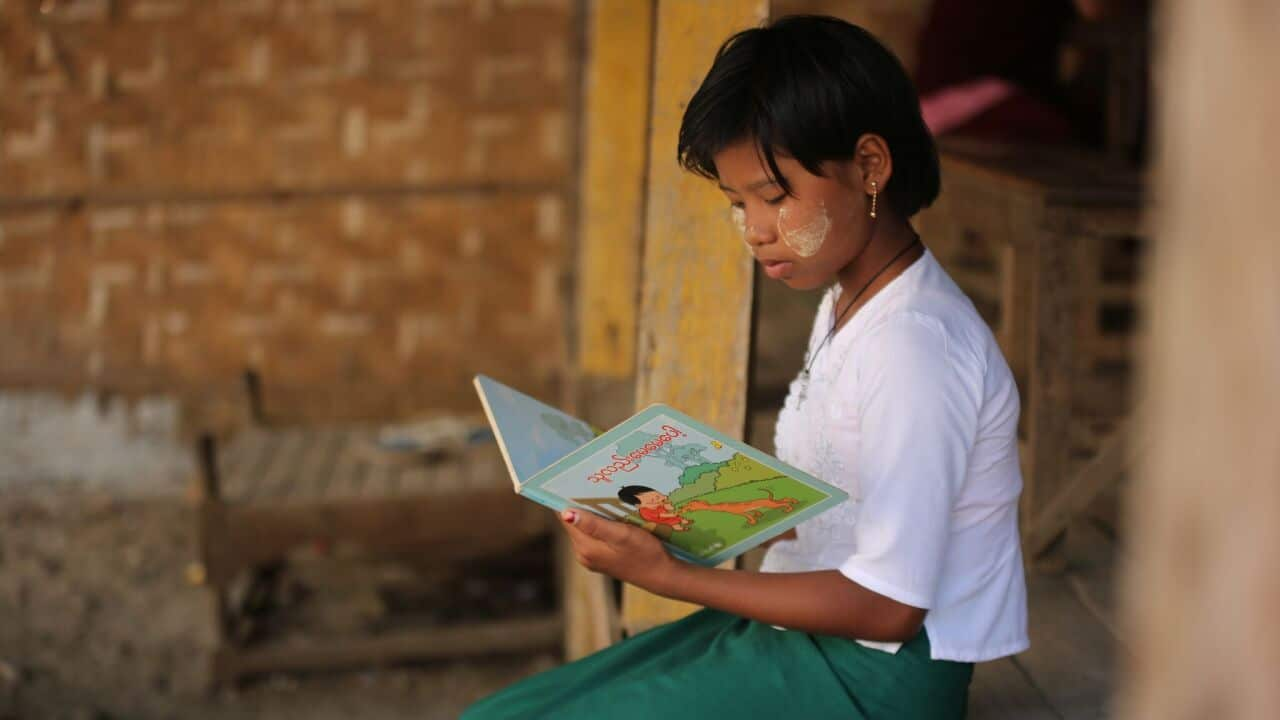Australia is facing a crisis within primary education: there will not be enough teachers to educate the booming population of children coming through.
A commissioned by the (ACER) predicts we will need 443 more primary classes and 10,000 places over the next 10 years in Queensland, and 1,627 classes and 390,480 primary places nationally before 2025.
Yet, this increase in demand comes at a time when there is a chronic problem recruiting teachers – particularly male primary teachers. The gender imbalance is a key factor contributing to a shortage of teachers, which has become chronic and normalised.
. This has remained unchanged for over 10 years. With so many demands being made on primary education in the next 10 years, we can no longer continue recruiting from restricted sources. But in order to address this problem, we need to investigate and face up to the complex and sometimes confronting reasons male teachers no longer choose primary education as a career.
Roles and development
A in Queensland addresses the barriers to effective recruitment and retention of male teachers within primary education.
We have begun by examining the problem from a global perspective. We identified policy targeted initiatives to increase the number of male teachers in primary education in countries such as Nigeria, Croatia and New Zealand. To date, very little work has been commissioned in Australia to address the growing decline in male primary teachers.
In challenging our ideas of gender, what emerges from the global perspective is not surprising: there is no real agreement on what masculinity looks like. It’s not a fixed characteristic, but is instead locally produced, meaning different cultures conceptualise masculinity in different ways.
A from Nigeria showed how, in Nigerian culture, it is women who are underrepresented in primary education. This supports a system of male inheritance in Nigeria, which determines who becomes educated and by whom.
Researchers found while male teachers may experience different problems (such as suspicion or hostility) within the school setting, this had no effect on how students were able to achieve academically.
Research from the US and Croatia has contradicted the belief children require access to certain types of gender roles at specific points in their development. Commonly, and incorrectly, we promote the notion this is necessary in order for children to develop correctly. In fact, this enables the perpetuation of culturally specific gender roles that support economic and political norms.
In a from the US using attitudinal surveys, researchers discovered parents and students thought both boys and girls benefited emotionally and intellectually from a balanced representation of gender roles within their primary school experience.
A from Croatia surveyed 844 primary schools and over 80,000 students. Researchers found while male teachers may experience different problems (such as suspicion or hostility) within the school setting, this had no effect on how students were able to achieve academically.
Sexuality and risk
Considering masculinity and the area of sexuality and risk can be confronting. What emerges from the research is that to achieve a level of comfort for all, male teachers become encouraged to exhibit a form of masculine identity that is considered “safe”.
from the US explain that in the West, primary teaching is perceived as less intellectual and more emotional than teaching in other areas. They describe a specific double bind where men who display characteristics that can be viewed as nurturing or gentle are often read as queer, and therefore deviant.
Even expressing the desire to teach children automatically throws a shadow on the ability of a man to meet the accepted requirements of Western masculinity. It becomes assumed other, darker, desires must be being met.
In order to manage the boundaries that help keep children safe, we have created what they call “educational nunneries”, where the actors are mainly female, asexual and vocationally inspired.
So, in order to manage the boundaries that help keep children safe, we have created what call “educational nunneries”, where the actors are mainly female, asexual and vocationally inspired. This is perceived as no place for any kind of man we would trust.
The research being undertaken in Queensland marks the beginning of a larger project which will develop recommendations that will enable a balanced representation of male teachers in early years teaching. The research aims to support the emergence of a workforce that can enhance and support the presence of multiple forms of masculinity within the primary education setting. In order to prepare ourselves for the coming demands on our primary education system, we must act quickly to build a more balanced gender profile.
In order to prepare ourselves for the coming demands on our primary education system, we must act quickly to build a more balanced gender profile.



